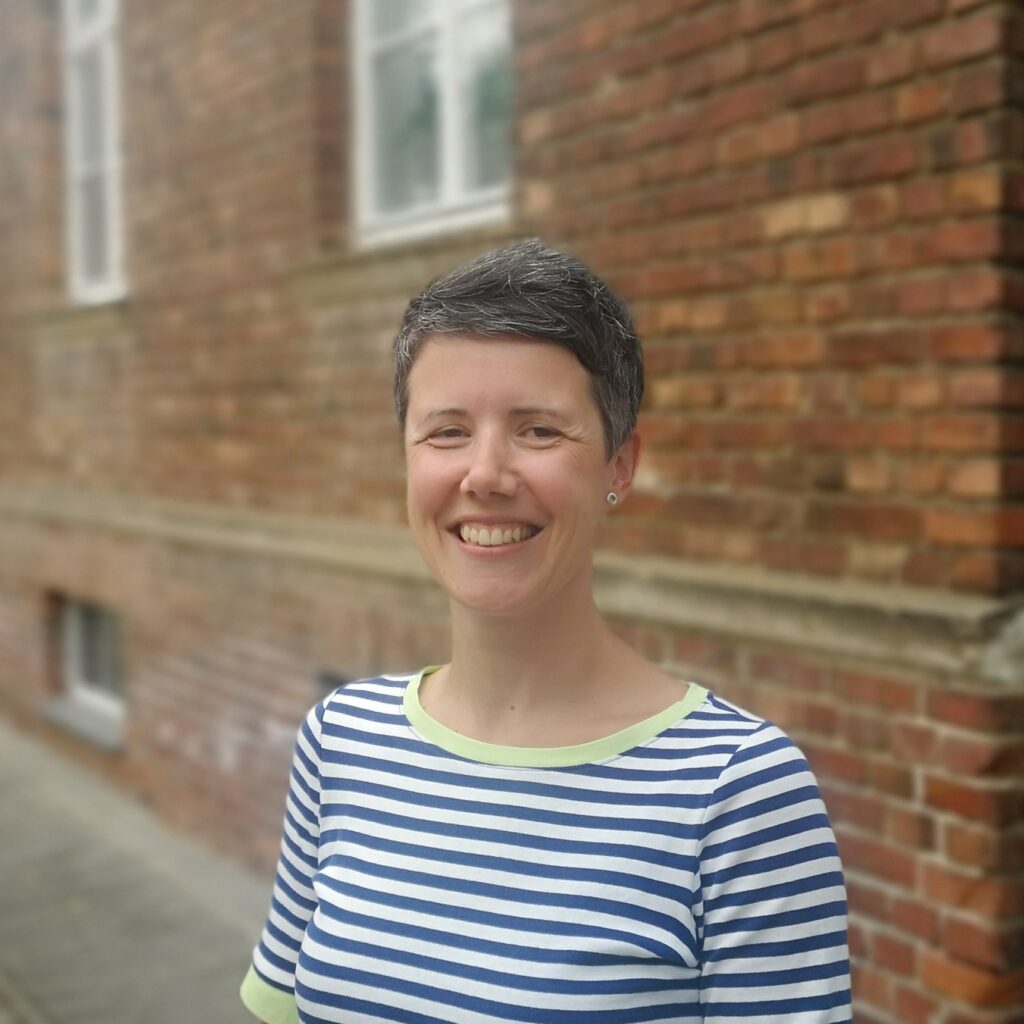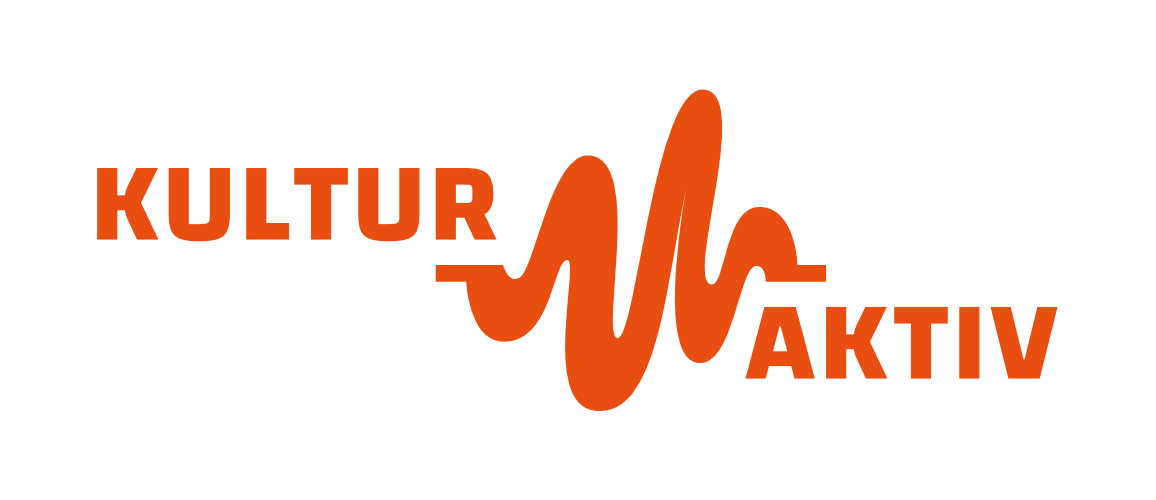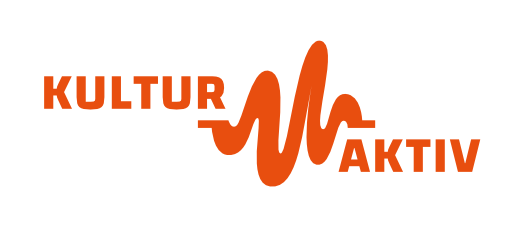The street newspaper drObs turns 25. For people in difficult circumstances, the non-profit project is an important social anchor in life – a guest article for Dresdner Nachbarschaften
text: Johanna Schmidts & Jane Jannke · photos: Yvonn Spauschus
The sun is shining! My first glance after waking up is at the weather. When the weather is good, the Dresden street newspaper drObs simply sells much better, as many people are out and about in the city. They often want to know why I’m homeless, because many still mistakenly think the drObs is a homeless newspaper. I then explain to them that I am not homeless at all, like most other drObs sellers. Often a very lively conversation ensues, and I learn a lot about my counterpart. Sometimes this has even led to regular contact. It’s nice to see that there are people who are interested in me and my life. Unfortunately, there are also those who devalue and insult me. They say that I should earn my money with real work. This hits me, because for me selling is “real work”. But I don’t react to such behaviour. I don’t want to talk about my life situation with such a person either.

I have been selling the street paper since 1998 – almost as long as it has existed. I trained in the chemical industry before the fall of communism, but for health reasons I could no longer work in this profession. I got by with odd jobs and started drinking. I lived on the streets for a total of ten years. An acquaintance took me in and that saved me. He was also the one who asked me back then if I wouldn’t like to sell the drObs. Selling helped me not to be hooked on the bottle in the morning, because you have to be sober to do that. After my withdrawal, working at drObs helped me a lot not to fall off the wagon. You leave the house in the morning and have a fixed daily structure. It’s distracting and you know what you’re getting up for. I especially noticed this during the Corona period when we were not allowed to sell for a few months. That was a very hard time, when only my girlfriend kept me from falling off the wagon.
Unfortunately, the alcohol abuse left its mark, and today I am chronically ill. Selling drObs suits my life situation very well. There is no time pressure and no obligation. I have been selling every day for many years, often even on Sundays. The money is immediately in my pocket. I am among people and come into contact with all kinds of people. But what is also important to me are the joint activities with other vendors, the open meeting, the festivals and the excursions. That’s how you experience community and many new things.

For 25 years, Drobs e.V. has been offering people in difficult situations affected by poverty, such as Heiko L., a low-threshold approach to gainful employment by publishing the Dresden street newspaper of the same name. The medium, which has been published since January 1998, aims to break the cycle of poverty, illness and isolation by giving a voice to people who would otherwise hardly be heard. The aim is to build a bridge between the disadvantaged and the majority society and to sensitise people to the special circumstances and needs of those affected. For many of the currently 60 active vendors, the association is also a social anchor point in life due to its holistic orientation, which provides support, opens up ways out through counselling by professional social workers and strengthens self-esteem. In order to be able to guarantee this, the association is dependent on both voluntary commitment and donations.
The best thing for him, says Heiko L., is meeting and talking to other people. “That gives me the feeling of being part of society. By now, people know me at my sales points, and even those who don’t buy a newspaper usually greet me in a friendly way.” The feeling of being respected and being able to contribute to his own livelihood is partly responsible for the fact that Heiko L. has been sober for eight years now.
Dresdner Nachbarschaften
Damals, Heute, Morgen / Zuhören, Erinnern und Gestalten
In our storytelling cafés and discussion groups, district tours and workshops, we want to encourage you to tell stories and develop visions.
Period
05-12.2022
Project coordination
Yvonn Spauschus (project management)
Anne Ibelings · Moussa Mbarek · Nadine Wölk (workshop leader)
Uta Rolland · Rosa Brockelt · Rosa Hauch · Falk Goernert (moderation and documentation)
Cooperation partners
JugendKunstschule Dresden · Omse e.V. · Löbtop e.V. · Quartiersmanagement Prohlis, Johannstadt and Gorbitz · Sigus e.V. · In Gruna leben e.V. · UFER-Projekte Dresden e.V.
Supported by

The project is funded by the House of Resources Dresden+


